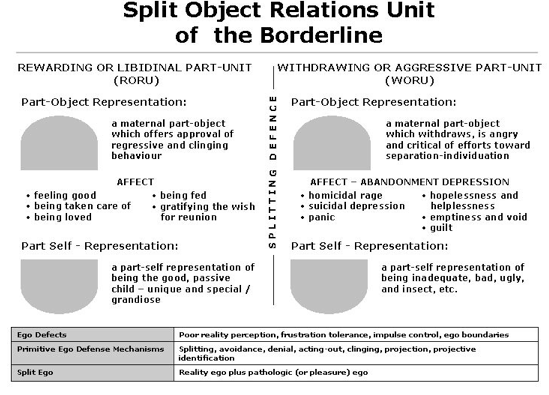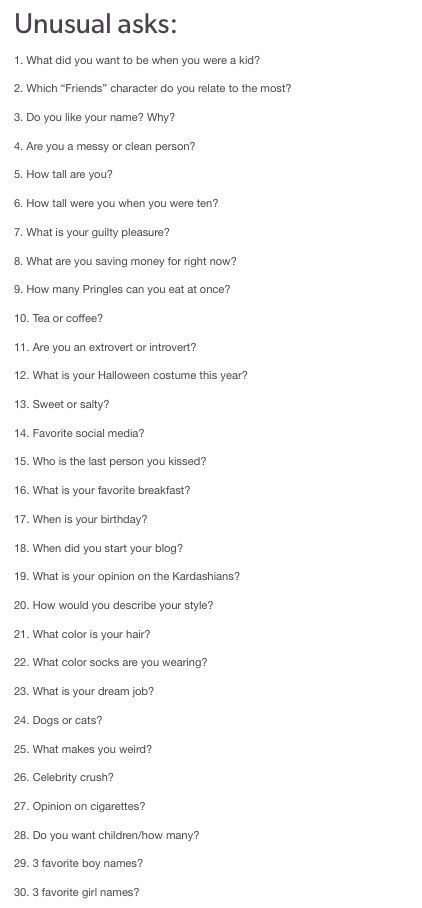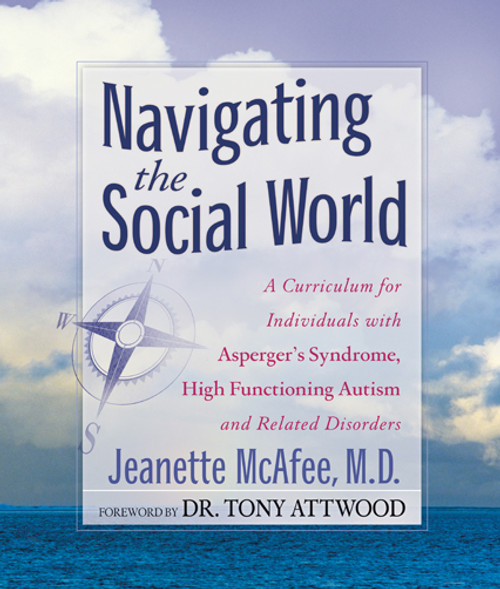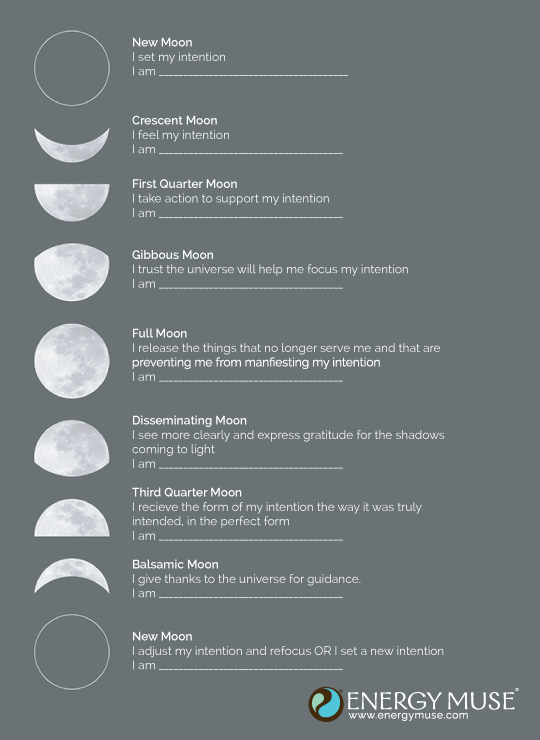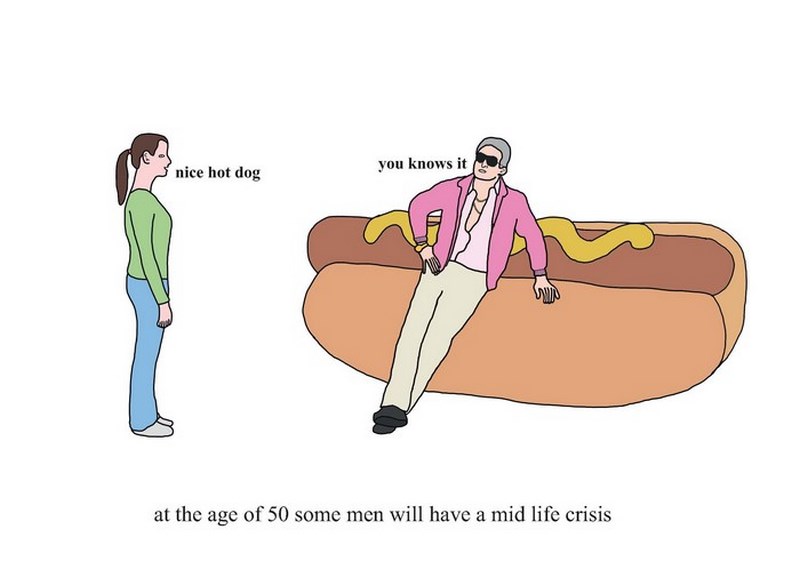Objects that represent depression
Symbols of Depression You May Not Have Thought of Before
Tanya J. Peterson
Symbols of depression abound in all forms of art and communication. Because major depressive disorder (MDD) is a complex illness affecting someone’s whole being—emotions, thoughts, cognitive functioning, behavior, and experiences in the world—it can be hard to put into words. Symbols are powerful ways to understand depression. Below is a collection of depression symbols that aren’t as widely known as other more prominent icons.
First, Some Common Symbols of Depression
You might have seen rainstorm images, ravens, and skull or grim reaper symbols. Barren landscapes and faces of cliffs are popular, too. All of these are commonly associated with depression because they capture the essence of the darkness, despair, struggle, and thoughts of death that are hallmarks of major depression.
Other depression symbols depict hope and transcendence. Butterflies represent beautiful transformation and healing, while the semicolon indicates that depression is a pause in one’s life journey, not a final stop. The anchor is another popular way to portray major depression; indeed, it’s a symbol of hope and strong, stalwart support or solid tethering to life despite the raging storm one is trying to endure.
These symbols speak volumes. They’re not the only images people use to express depression, however.
Negative Depression Symbols You May Not Have Realized Were Associated with MDD
Poplar trees represent pain, grief, and funerals.
The half-moon represents the dual experience within you. Half of you is illuminated, trying to fight depression while the other half has given up and remains in the dark.
Stagnant water evokes feelings of being stuck in thick murk, surrounded by mosquitos and unable to flow.
Fire represents anger, destruction, and punishment and thus symbolizes the common belief in depression that one has been destroyed and/or is a terrible person who deserves the illness as punishment.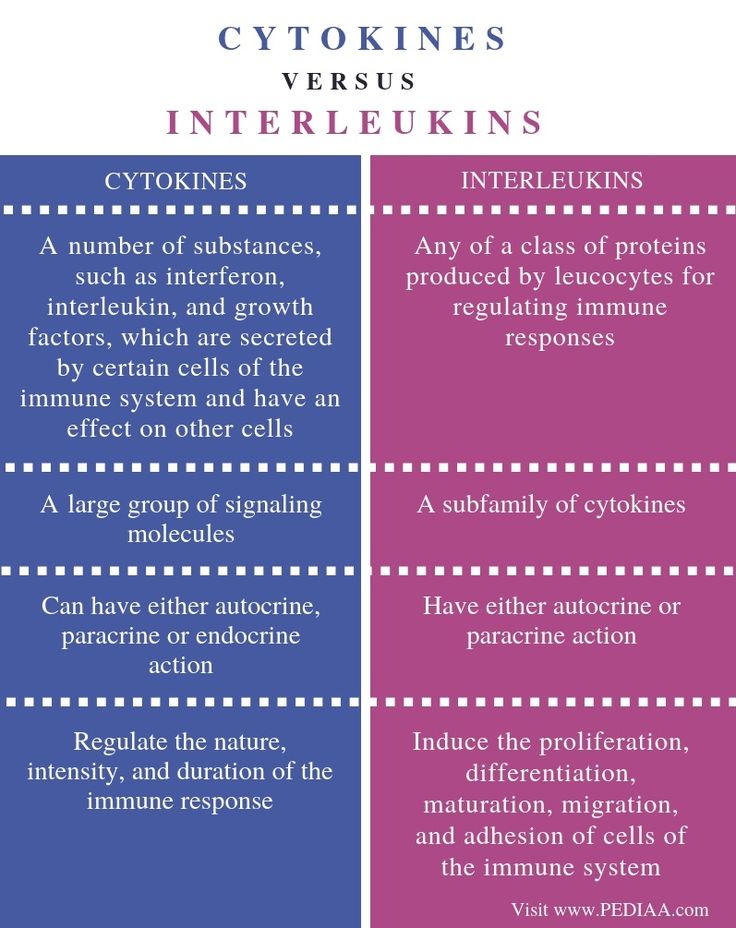
Pomegranates. Taken from Greek mythology, the pomegranate was the fruit of the dead and symbolized Persephone’s entrapment in the Underworld. To ensure that she would return, Hades tricked Persephone into biting a pomegranate.
The direction North. In literature and depression, north symbolizes cold, hostility, isolation, and death.
The “peace” sign. Surprisingly, this emblem didn’t stand for peace. Believe it or not, it’s a abstract representation of depression. Look hard enough, and you’ll begin to see it as it was meant to be: as a stick figure bent over in hopeless anguish. (See the short lines as arms reaching for the ground and the circle as representing the head.)
Positive Symbols of Depression Not Always Recognized as Such
Koi fish. According to legend, koi steadily and gracefully swam up a powerful waterfall. As a reward for their determination and perseverance against this menacing obstacle, they were transformed into dragons.
Dragonfly. These beautiful, ancient insects symbolize overcoming hardship and taking the time to connect with and nurture the positive within us.
Small stones. Their depression symbolism comes from the ancient Chinese proverb, “The man who moves mountains begins by carrying away small stones,” and the African proverb, “If you wish to move mountains tomorrow, you must begin by moving stones today.” Depression is a tall, broad mountain that seems impossible to move or even climb over. Yet, doing so is possible by taking small steps every day—by moving stones.
Succulents are beautiful and hardy. The serve to remind us that we grow stronger because of our hardships. Depression makes us stronger.
The Phoenix is the mythological bird that rises from its own ashes, just as you can rise out of the depths of depression, your ashes. (“Ashes” is a bonus symbol of depression for you. )
)
Anything that is meaningful to you can be your own depression symbol, illustrating what your illness is to you and your overcoming it to thrive in your quality life once again.
article references
APA Reference
Peterson, T. (2022, January 4). Symbols of Depression You May Not Have Thought of Before, HealthyPlace. Retrieved on 2022, November 21 from https://www.healthyplace.com/self-help/depression/symbols-of-depression-you-may-not-have-thought-of-before
Last Updated: January 11, 2022
Medically reviewed by Harry Croft, MD
More Info
Self-Help Stuff That Works
10 Tips to Improve Your Emotional Wellness
Handling Criticism
When Your Partner Wants To Take Care Of You
Dealing with PTSD from Abuse: What Helps?
Little Voices
Are You Expecting Too Much?
5 Things You Should Know
Being sad is a normal reaction to difficult times in life.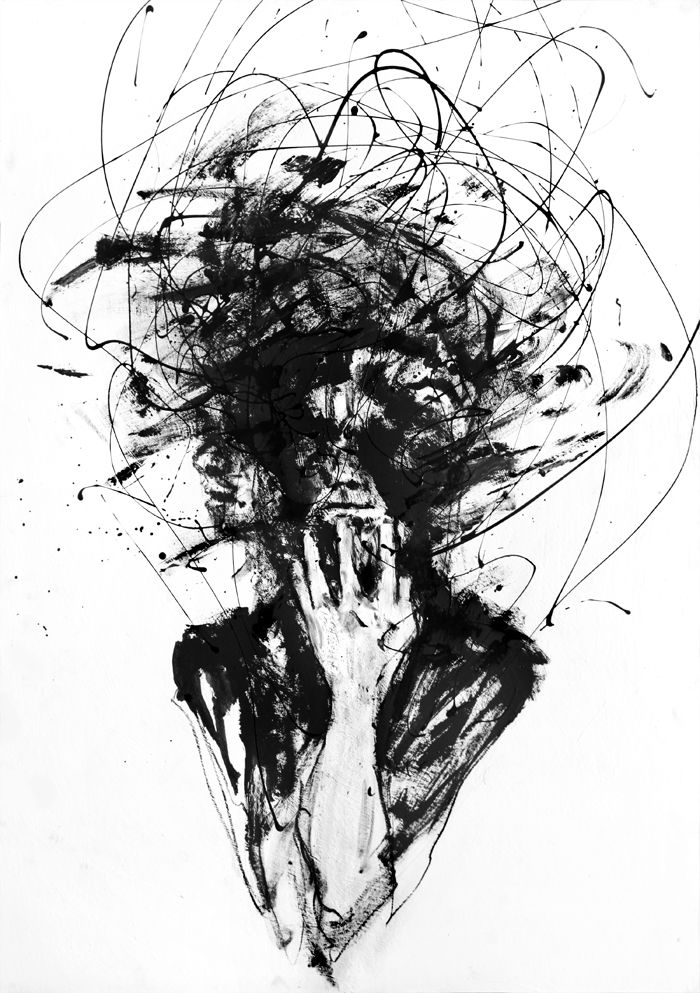 But usually, the sadness goes away with a little time. Depression is different—it is a mood disorder that may cause severe symptoms that can affect how you feel, think, and handle daily activities such as sleeping, eating, or working. Depression is more common among women than men, likely due to certain biological, hormonal, and social factors that are unique to women.
But usually, the sadness goes away with a little time. Depression is different—it is a mood disorder that may cause severe symptoms that can affect how you feel, think, and handle daily activities such as sleeping, eating, or working. Depression is more common among women than men, likely due to certain biological, hormonal, and social factors that are unique to women.
This brochure contains an overview of five things that everyone should know about depression in women.
1. Depression is a real medical condition.
Depression is a common but serious mood disorder. Depression symptoms can interfere with your ability to work, sleep, study, eat, and enjoy your life. Although researchers are still studying the causes of depression, current research suggests that depression is caused by a combination of genetic, biological, environmental, and psychological factors. Most people with depression need treatment to feel better.
You can’t just ‘snap out’ of depression.
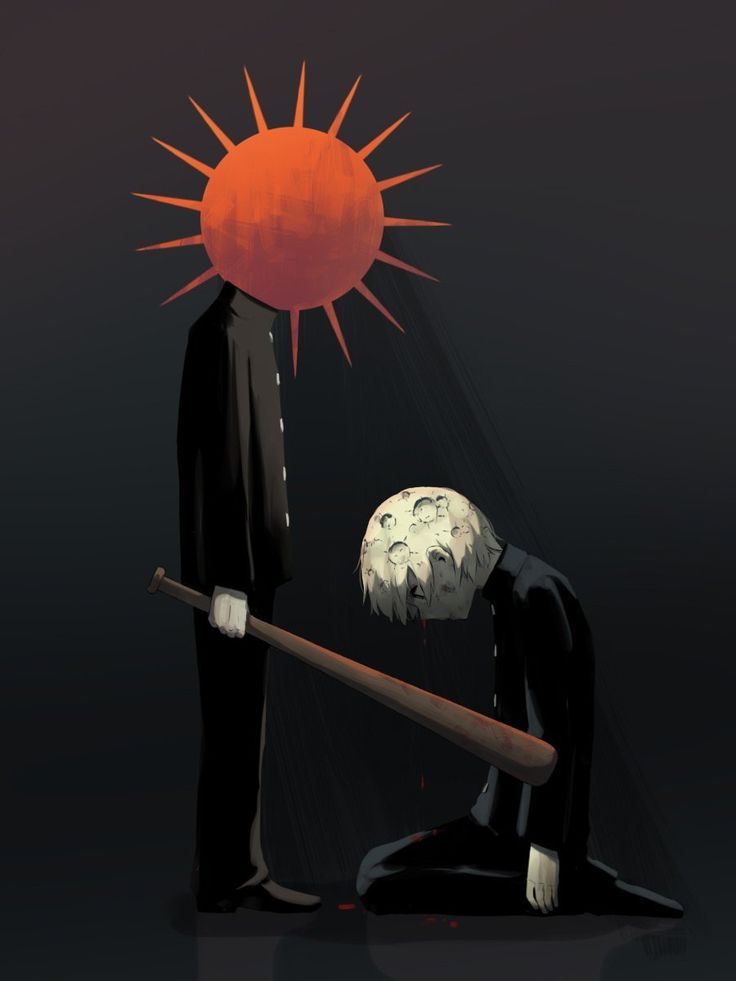
Well-meaning friends or family members may try to tell someone with depression to “snap out of it,” “just be positive,” or “you can be happier if you just try harder.” But depression is not a sign of a person’s weakness or a character flaw. The truth is that most people who experience depression need treatment to get better.
If you are a friend or family member of a woman with depression, you can offer emotional support, understanding, patience, and encouragement. But never dismiss her feelings. Encourage her to talk to her health care provider, and remind her that, with time and treatment, she can feel better.
Most people with depression need treatment to feel better.
If you think you may have depression, start by making an appointment to see your health care provider. This could be your primary doctor or a health provider who specializes in diagnosing and treating mental health conditions (for example, a psychologist or psychiatrist). Certain medications, and some medical conditions, such as viruses or a thyroid disorder, can cause the same symptoms as depression.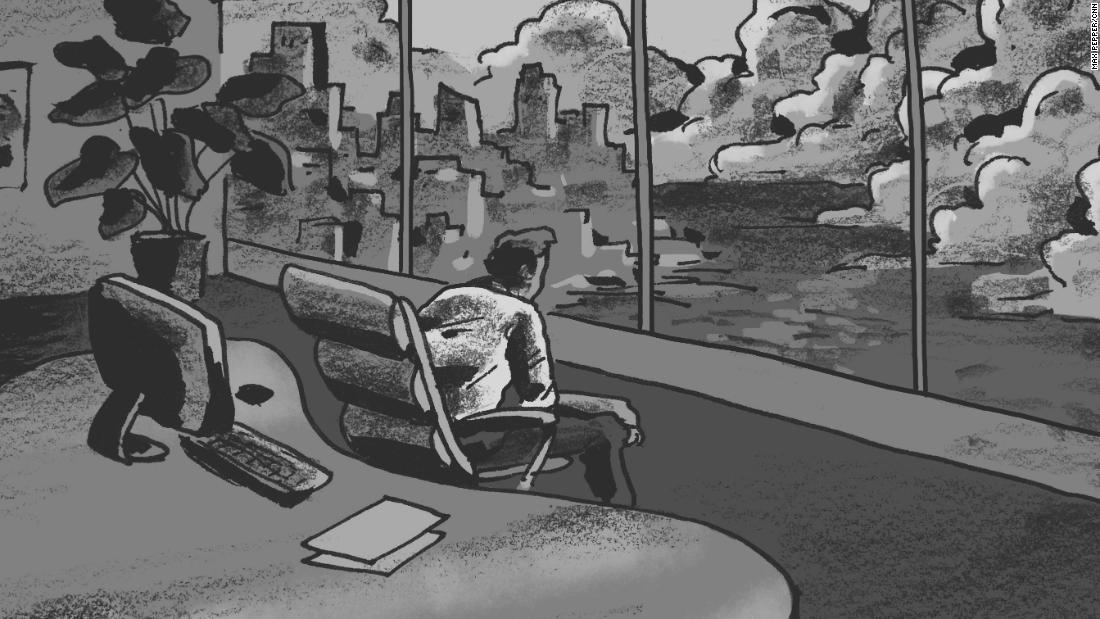 A health care provider can rule out these possibilities by doing a physical exam, interview, and lab tests. Your health care provider will examine you and talk to you about treatment options and next steps.
A health care provider can rule out these possibilities by doing a physical exam, interview, and lab tests. Your health care provider will examine you and talk to you about treatment options and next steps.
Talking to Your Health Care Provider About Your Mental Health
Communicating well with your health care provider can improve your care and help you both make good choices about your health. Read about tips to help prepare and get the most out of your visit. For additional resources, including questions to ask your health care provider, visit the Agency for Healthcare Research and Quality.
2. Depression can hurt—literally.
Sadness is only a small part of depression. Some people with depression do not feel sadness at all. A person with depression also may experience many physical symptoms, such as aches or pains, headaches, cramps, or digestive problems. Someone with depression also may have trouble with sleeping, waking up in the morning, and feeling tired.
If you have been experiencing any of the following signs and symptoms for at least two weeks, you may be suffering from depression:
- Persistent sad, anxious, or “empty” mood
- Feelings of hopelessness or pessimism
- Irritability
- Feelings of guilt, worthlessness, or helplessness
- Decreased energy or fatigue
- Difficulty sleeping, early morning awakening, or oversleeping
- Loss of interest or pleasure in hobbies and activities
- Moving or talking more slowly
- Feeling restless or having trouble sitting still
- Difficulty concentrating, remembering, or making decisions
- Changes in appetite or weight
- Thoughts of death or suicide, or suicide attempts
- Aches or pains, headaches, cramps, or digestive problems without a clear physical cause that do not ease even with treatment
Talk to your health care provider about these symptoms. Be honest, clear, and concise—your provider needs to know how you feel.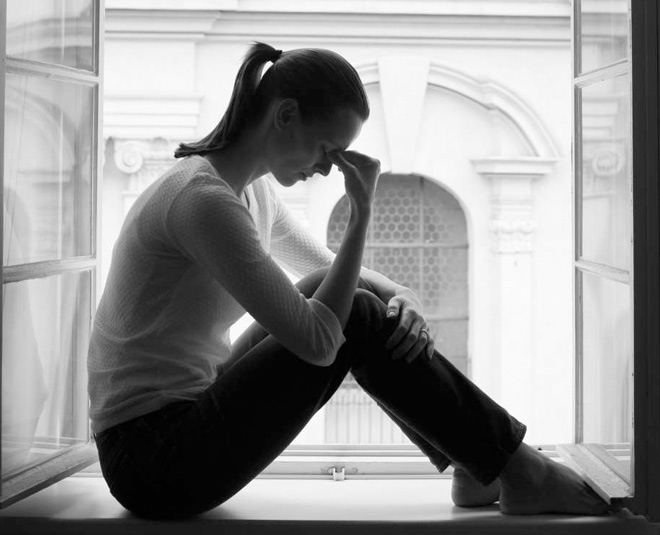 Your health care provider may ask when your symptoms started, what time of day they happen, how long they last, how often they occur, if they seem to be getting worse or better, and if they keep you from going out or doing your usual activities. It may help to take the time to make some notes about your symptoms before you visit your provider.
Your health care provider may ask when your symptoms started, what time of day they happen, how long they last, how often they occur, if they seem to be getting worse or better, and if they keep you from going out or doing your usual activities. It may help to take the time to make some notes about your symptoms before you visit your provider.
3. Certain types of depression are unique to women.
Pregnancy, the postpartum period, perimenopause, and the menstrual cycle are all associated with dramatic physical and hormonal changes. Certain types of depression can occur at different stages of a woman’s life.
Premenstrual Dysphoric Disorder (PMDD)
Premenstrual syndrome, or PMS, refers to moodiness and irritability in the weeks before menstruation. It is quite common, and the symptoms are usually mild. But there is a less common, more severe form of PMS called premenstrual dysphoric disorder (PMDD). PMDD is a serious condition with disabling symptoms such as irritability, anger, depressed mood, sadness, suicidal thoughts, appetite changes, bloating, breast tenderness, and joint or muscle pain.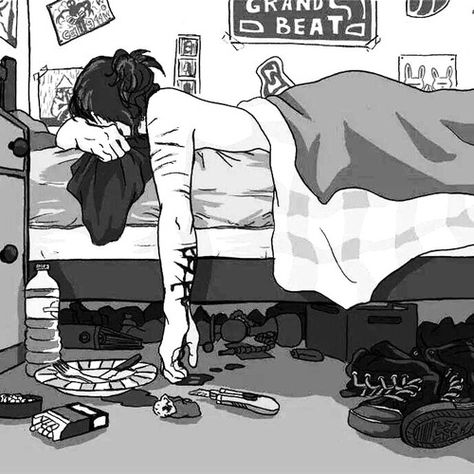
Perinatal Depression
Being pregnant isn’t easy. Pregnant women commonly deal with morning sickness, weight gain, and mood swings. Caring for a newborn is challenging, too. Many new moms experience the “baby blues”—a term used to describe mild mood changes and feelings of worry, unhappiness, and exhaustion that many women sometimes experience in the first two weeks after having a baby. These feelings usually last a week or two and then go away as a new mom adjusts to having a newborn.
Perinatal depression is a mood disorder that can affect women during pregnancy and after childbirth, and is much more serious than the “baby blues.” The word “perinatal” refers to the time before and after the birth of a child. Perinatal depression includes depression that begins during pregnancy (called prenatal depression) and depression that begins after the baby is born (called postpartum depression). Mothers with perinatal depression experience feelings of extreme sadness, anxiety, and fatigue that may make it difficult for them to carry out daily tasks, including caring for themselves, their new child, or others.
If you think you have perinatal depression, you should talk to your health care provider or trained mental health care professional. If you see any signs of depression in a loved one during her pregnancy or after the child is born, encourage her to see a health care provider or visit a clinic.
To learn more about perinatal depression, see the National Institute of Mental Health’s (NIMH) Perinatal Depression brochure.
Perimenopausal Depression
Perimenopause (the transition into menopause) is a normal phase in a woman’s life that can sometimes be challenging. If you are going through perimenopause, you might be experiencing abnormal periods, problems sleeping, mood swings, and hot flashes. Although these symptoms are common, feeling depressed is not. If you are struggling with irritability, anxiety, sadness, or loss of enjoyment at the time of the menopause transition, you may be experiencing perimenopausal depression.
Depression affects each woman differently.
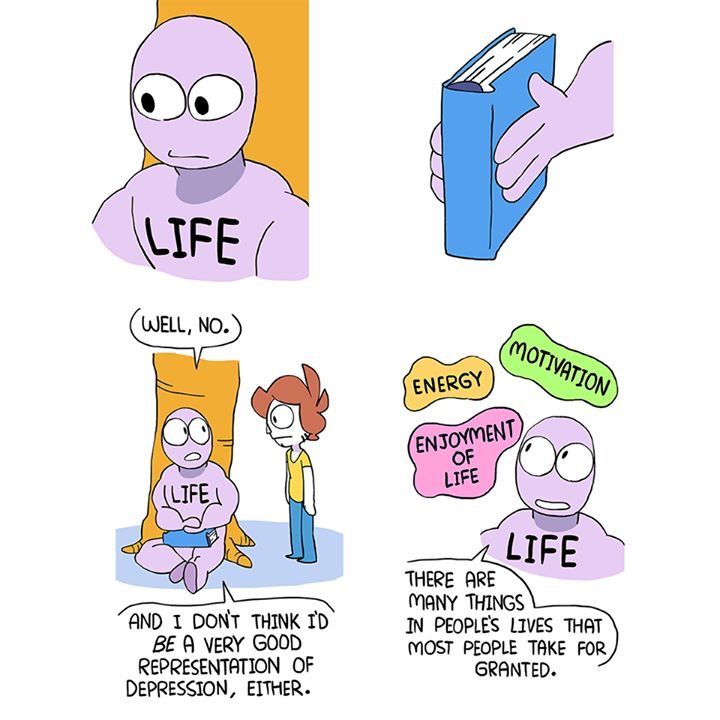
Not every woman who is depressed experiences every symptom. Some women experience only a few symptoms. Others have many. The severity and frequency of symptoms, and how long they last, will vary depending on the individual and the severity of the illness.
Where Can I Learn More About Depression in Women?
The following agencies have additional information on depression in women.
U.S. Department of Health and Human Services, Office on Women’s Health: Depression
U.S. Food and Drug Administration: Women and Depression
Centers for Disease Control and Prevention: Depression Among Women
4. Depression can be treated.
Even the most severe cases of depression can be treated. Depression is commonly treated with medication, psychotherapy (also called “talk therapy”), or a combination of the two.
Antidepressants are medications commonly used to treat depression. People respond differently to antidepressants, and you may need to try different medicines to find the one that works best. Researchers also are studying and developing other medications for depression, such as brexanolone for postpartum depression, and esketamine. You can learn about recent developments on these and other medications at NIMH's Science News webpage under the topic “Treatments.”
Researchers also are studying and developing other medications for depression, such as brexanolone for postpartum depression, and esketamine. You can learn about recent developments on these and other medications at NIMH's Science News webpage under the topic “Treatments.”
There are many different types of psychotherapy, such as cognitive behavioral therapy or interpersonal therapy. The particular approach a therapist uses depends on the condition being treated and the training and experience of the therapist. Therapists also may combine and adapt elements of different approaches.
Depression affects each individual differently. There is no “one-size-fits-all” for treatment. It may take some trial and error to find the treatment that works best. You can learn more about the different types of depression treatment, including psychotherapy, medication, and brain stimulation therapies, on the NIMH’s webpage about depression. Visit the Food and Drug Administration website for the latest information on medication approvals, warnings, and patient information guides.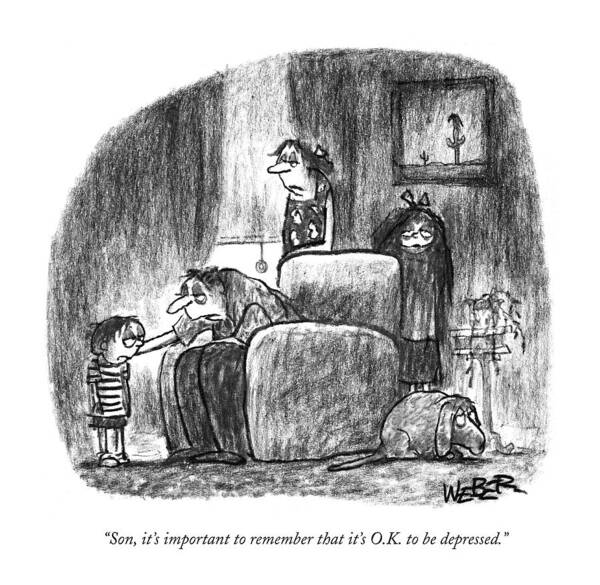
What to Consider When Looking for a Therapist
Therapists and patients work together, and finding a good match is important. The following tips can help you find the right therapist.
Ask about their areas of expertise. Therapists have different professional backgrounds and specialties. You want to find a therapist who has experience working with your specific condition.
Find out what kinds of treatments they use. Ask if those treatments are effective for dealing with your particular mental health problem or issue.
Find out how you’ll evaluate progress. Determine how long treatment is expected to last, and when you should expect to gain relief from symptoms and improve your quality of life.
Don’t be afraid to keep looking. Rapport and trust are essential. Discussions in therapy are deeply personal, and it’s important that you feel comfortable with the therapist you pick.
5.
 Researchers at the National Institute of Mental Health (NIMH) and across the country are dedicated to women’s mental health research.
Researchers at the National Institute of Mental Health (NIMH) and across the country are dedicated to women’s mental health research. Researchers continue to study depression to improve the way this medical condition is diagnosed and treated. For example, NIMH researchers are currently working to understand how and why changes in reproductive hormones trigger mood disorders, including postpartum depression, premenstrual dysphoric disorder, and perimenopausal depression.
NIMH scientists are conducting a large number of research studies with patients and healthy volunteers to better understand why some women are at higher risk than others, and how they can translate these findings into new treatments or new uses of existing treatments.
You can play a role in research by joining a clinical trial.
Clinical trials are research studies that look at new ways to prevent, detect, or treat diseases and conditions. The goal of clinical trials is to determine if a new test or treatment works and is safe. Although individuals may benefit from being part of a clinical trial, participants should be aware that the primary purpose of a clinical trial is to gain new scientific knowledge so that others may be better helped in the future.
Although individuals may benefit from being part of a clinical trial, participants should be aware that the primary purpose of a clinical trial is to gain new scientific knowledge so that others may be better helped in the future.
In addition to volunteer research opportunities for the patient groups listed above, research opportunities for healthy volunteers are also available. Healthy volunteers play a critical role in our studies.
For more information about clinical research and how to find clinical trials being conducted around the country, visit NIMH's clinical trials webpage.
Finding Help
The Substance Abuse and Mental Health Services Administration (SAMHSA) provides the Behavioral Health Treatment Services Locator, an online resource for locating mental health treatment facilities and programs in your state. For additional resources, visit our Help for Mental Illnesses webpage.
If you are in immediate distress or are thinking about hurting yourself, call the National Suicide Prevention Lifeline toll-free at 1-800-273-TALK (8255).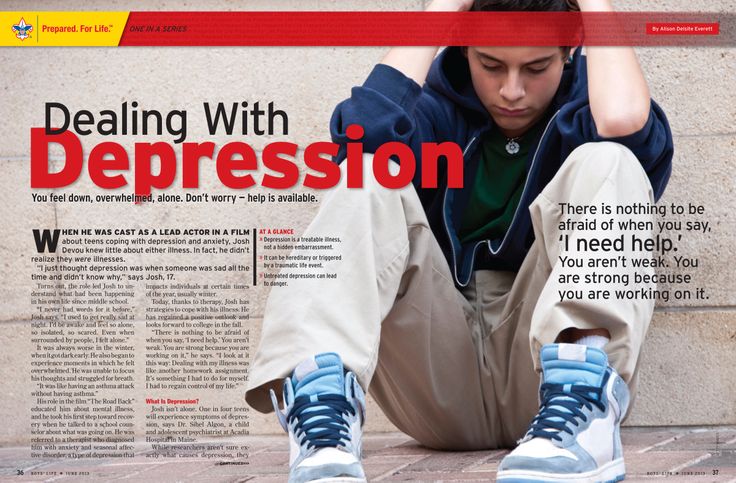 You also can text the Crisis Text Line (HELLO to 741741) or use the Lifeline Chat on the National Suicide Prevention Lifeline website.
You also can text the Crisis Text Line (HELLO to 741741) or use the Lifeline Chat on the National Suicide Prevention Lifeline website.
Reprints
This publication is in the public domain and may be reproduced or copied without permission from NIMH. Citation of NIMH as a source is appreciated. To learn more about using NIMH publications, please refer to these guidelines.
For More Information
MedlinePlus (National Library of Medicine) (En español)
ClinicalTrials.gov (En español)
U.S. DEPARTMENT OF HEALTH AND HUMAN SERVICES
National Institutes of Health
NIH Publication No. 20-MH-4779
Revised 2020
Depression
Russian Academy of Medical Sciences
SCIENTIFIC CENTER FOR MENTAL HEALTH
DEPRESSION (from hope to certainty).
(INFORMATION FOR PATIENTS AND THEIR FAMILIES)
MOSCOW
2008
Oleichik I. V. - Candidate of Medical Sciences, Leading Researcher of the Department for the Study of Endogenous Mental Disorders and Affective States
V. - Candidate of Medical Sciences, Leading Researcher of the Department for the Study of Endogenous Mental Disorders and Affective States
© 2008, Oleichik I.V.
© 2008, NTsPZ RAMS
The vast experience accumulated by mankind and reflected in many literary works convincingly shows that sadness (sadness, spleen) has always gone side by side with people, being one of the natural human emotions. None of us is immune from failures, illness, breakups, loss of loved ones, financial collapse. Each person can face something inevitable and inevitable, when it seems that life loses its meaning, and despair becomes boundless. However, normally, sadness, sadness and melancholy, as natural reactions to traumatic events, weaken over time and the person's condition returns to normal without special treatment. The situation is different with depressions, which are mental disorders that differ from natural physiological reactions in greater intensity, special severity of experiences and persistence of manifestations. True depression rarely goes away on its own, requiring persistent, sometimes long-term treatment.
True depression rarely goes away on its own, requiring persistent, sometimes long-term treatment.
A depressive state (from the Latin word depressio - suppression, oppression) is a disease that concerns not only an individual specific sick person, but is also a significant burden of modern society, since it is spreading more and more widely in the world, causing enormous damage to the health of the population and the state. economy. And this applies to all countries, regardless of their level of social development. Every year, at least 200 million people in the world fall ill with depression. Perhaps these figures are even higher, since most victims of depression do not seek help because they are not aware of the painfulness of their condition. Scientists have calculated that almost one in five people who have reached adulthood will experience at least one episode of depression during their lifetime.
In the most general sense, a depressive state is one of the possible forms of a person's response to the impact of stress factors. In some cases, depression can be triggered by external negative influences, for example, mental trauma, excessive educational or work overload, infection or other serious somatic disease, traumatic brain injury, changes in the hormonal background, which is especially important for the female body, regular certain medications, such as hormones, blood pressure medications, alcohol or other drug abuse. In other cases, depressive states develop as a manifestation of such mental illnesses, in which the main influence is heredity or characteristics of the nervous system (cyclothymia, dysthymia, manic-depressive psychosis, schizophrenia, etc.). If, based on the description of depressive symptoms set out later in our brochure, you realize that you have indeed developed a depressive state, do not fall into despair, do not “try to control yourself”, remember that depression is not a manifestation of weakness of will or character, on the contrary, weakening of volitional qualities is one of the main symptoms of depression.
In some cases, depression can be triggered by external negative influences, for example, mental trauma, excessive educational or work overload, infection or other serious somatic disease, traumatic brain injury, changes in the hormonal background, which is especially important for the female body, regular certain medications, such as hormones, blood pressure medications, alcohol or other drug abuse. In other cases, depressive states develop as a manifestation of such mental illnesses, in which the main influence is heredity or characteristics of the nervous system (cyclothymia, dysthymia, manic-depressive psychosis, schizophrenia, etc.). If, based on the description of depressive symptoms set out later in our brochure, you realize that you have indeed developed a depressive state, do not fall into despair, do not “try to control yourself”, remember that depression is not a manifestation of weakness of will or character, on the contrary, weakening of volitional qualities is one of the main symptoms of depression.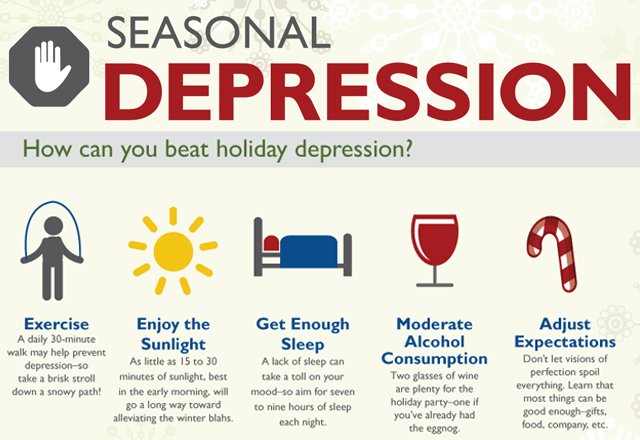 Depression is a disease like rheumatism, arthritis or hypertension, it responds well to treatment, resulting in almost always a full recovery. You should not blame yourself for the occurrence of depression, it does not indicate either your fault, or your weakness, or the possible development of a more severe mental pathology. Below we will tell you about the symptoms of depression, which can be extremely diverse.
Depression is a disease like rheumatism, arthritis or hypertension, it responds well to treatment, resulting in almost always a full recovery. You should not blame yourself for the occurrence of depression, it does not indicate either your fault, or your weakness, or the possible development of a more severe mental pathology. Below we will tell you about the symptoms of depression, which can be extremely diverse.
Manifestations of depression
Manifestations of depression can be very different. Depressive states can be manifested by a violation of almost all aspects of mental life: mood, memory, will, activity, which is expressed in the appearance of sadness, sadness, mental and muscle retardation, lasting at least 2 weeks. Depressed mood during depression can manifest itself as mild sadness, sadness, and boundless despair. Often it is accompanied by a feeling of melancholy, unbearable heaviness in the soul, with excruciating pain behind the sternum, a feeling of hopelessness, deep depression, hopelessness, helplessness, despair and uncertainty. At the same time, the patient is completely immersed in his gloomy experiences, and external events, even the most joyful ones, do not affect him, do not affect his mood, and sometimes even worsen the latter. A constant "companion" of a depressive mood is also anxiety of varying severity: from mild anxiety or tension to violent excitement, riot. Anxiety and bad mood arise at the mere thought of the need to make some kind of decision or change your plans due to suddenly changed circumstances. Anxiety can also manifest itself on the physical (bodily) level in the form of belching, intestinal cramps, loose stools, frequent urination, shortness of breath, palpitations, headaches, increased sweating, etc.
The picture of depression is complemented by the disappearance of desires, interests, a pessimistic assessment of everything around, ideas of one's own low value and self-blame. Deficiency of vital impulses is manifested in patients with a variety of symptoms - from lethargy, physical weakness to a state of weakness, loss of energy and complete impotence. Where an important decision is required, a choice between different options, human activity is sharply hampered. Depressed people are well aware of this: they complain that insignificant everyday tasks, small issues that used to be solved almost automatically, take on the significance of complex, painful, insoluble problems. At the same time, a person feels that he began to think, act and speak slowly, notes the suppression of instincts (including food and sexual instincts), the suppression or loss of the instinct of self-preservation and the lack of the ability to enjoy life up to complete indifference to what used to be liked evoked positive emotions.
Where an important decision is required, a choice between different options, human activity is sharply hampered. Depressed people are well aware of this: they complain that insignificant everyday tasks, small issues that used to be solved almost automatically, take on the significance of complex, painful, insoluble problems. At the same time, a person feels that he began to think, act and speak slowly, notes the suppression of instincts (including food and sexual instincts), the suppression or loss of the instinct of self-preservation and the lack of the ability to enjoy life up to complete indifference to what used to be liked evoked positive emotions.
People suffering from depression often feel "stupid", "mentally retarded", "feeble-minded". Thinking in depression becomes viscous, painful, requires special efforts, one mental image is hardly forced out by the next. The sick person is oppressed by the feeling of his own intellectual insolvency, professional collapse. Depressed patients can hardly describe their painful experiences to the doctor.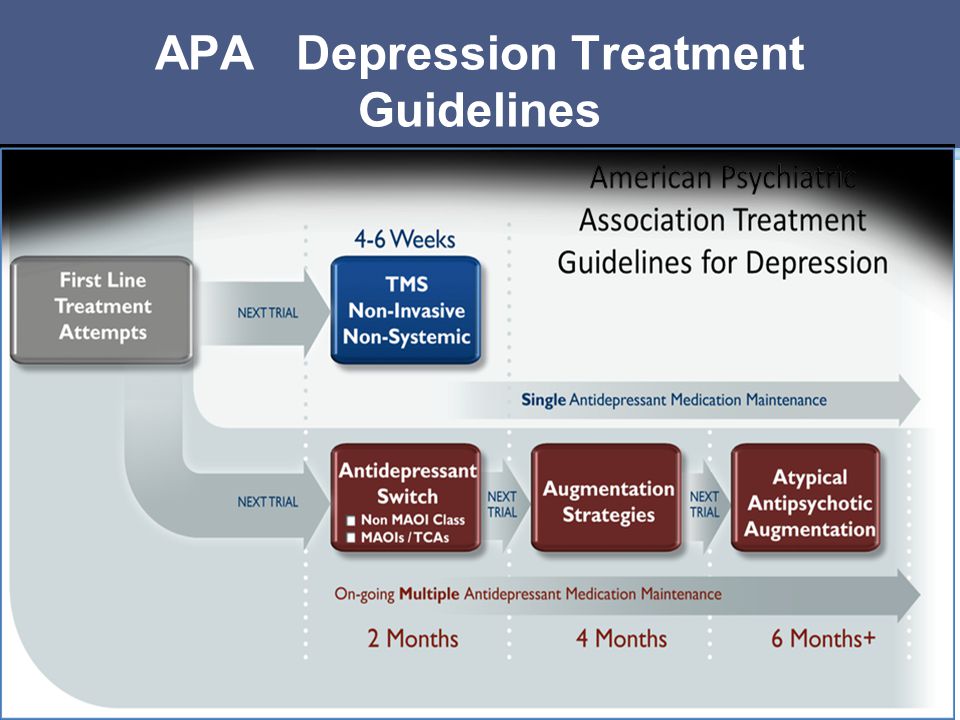 Only after getting out of depression, many of them say that the mood at that moment was lowered, thinking was slow, all undertakings (including treatment) seemed in vain, and the years lived were empty and useless. However, at the time of the first visit to the doctor, they could not explain this because of the almost complete absence of thoughts in their heads, “para-lich of thinking”. With depression, there are also often complaints of memory loss, which is why those suffering from it assume that they have "Alzheimer's disease", "schizophrenia", "senile dementia", which is not true. Especially often these complaints are found in depressions that develop in adolescence.
Only after getting out of depression, many of them say that the mood at that moment was lowered, thinking was slow, all undertakings (including treatment) seemed in vain, and the years lived were empty and useless. However, at the time of the first visit to the doctor, they could not explain this because of the almost complete absence of thoughts in their heads, “para-lich of thinking”. With depression, there are also often complaints of memory loss, which is why those suffering from it assume that they have "Alzheimer's disease", "schizophrenia", "senile dementia", which is not true. Especially often these complaints are found in depressions that develop in adolescence.
Typical story
Aleksey, 18 years old, 1st year student of a technical university, describes his condition during depression as follows:
“From childhood, I was fond of technology and modeling, I could read special literature for hours, won school and regional olympiads in mathematics and physics. After graduating from school, my dream came true - I brilliantly passed the exams to a prestigious university.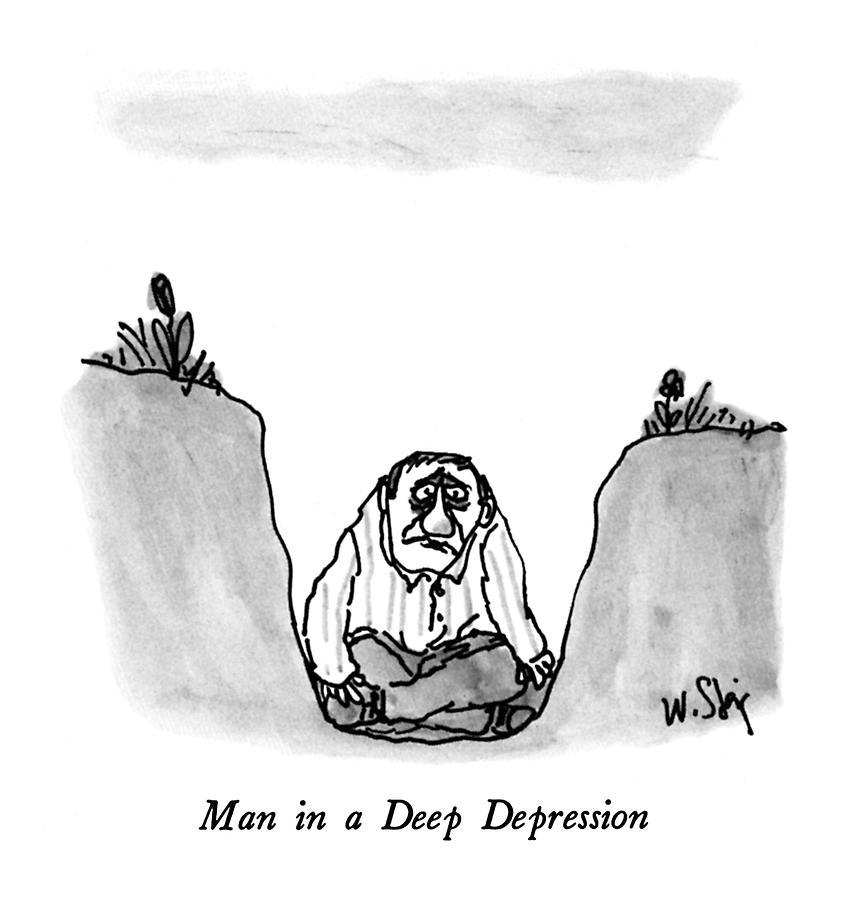 Then it seemed to me that the whole world was at my feet, I flew with happiness "as if on wings." In September, I happily began to study. At the beginning, everything worked out well, but after 2 months I began to notice that it was becoming increasingly difficult for me to absorb what I read, I did not remember the simplest text, I could not solve problems that I used to “click like nuts”. Trying to achieve success through many hours of brainstorming or drinking a few cups of coffee led to the fact that I completely stopped thinking about anything. It seemed to me that I was "finally and irreversibly stupid." At night I sobbed, wrapped in a blanket and thought about how best to commit suicide. Luckily, I met a senior in the library and shared my problems with him. My new acquaintance said that he experienced something similar and advised me to contact the psychiatrist of the student clinic. After the examination, I was diagnosed with juvenile depression and sent for treatment to a specialized medical center.
Then it seemed to me that the whole world was at my feet, I flew with happiness "as if on wings." In September, I happily began to study. At the beginning, everything worked out well, but after 2 months I began to notice that it was becoming increasingly difficult for me to absorb what I read, I did not remember the simplest text, I could not solve problems that I used to “click like nuts”. Trying to achieve success through many hours of brainstorming or drinking a few cups of coffee led to the fact that I completely stopped thinking about anything. It seemed to me that I was "finally and irreversibly stupid." At night I sobbed, wrapped in a blanket and thought about how best to commit suicide. Luckily, I met a senior in the library and shared my problems with him. My new acquaintance said that he experienced something similar and advised me to contact the psychiatrist of the student clinic. After the examination, I was diagnosed with juvenile depression and sent for treatment to a specialized medical center. After 2 months, I felt completely healthy, returned to my studies and caught up with my classmates.
After 2 months, I felt completely healthy, returned to my studies and caught up with my classmates.
Depression can also be accompanied by real setbacks: for example, a decrease in academic performance, the quality of work, family conflicts, sexual disorders and their consequences for personal relationships. As a rule, the significance of these failures is exaggerated and as a result there is a false sense of the irreparability of what happened, "the collapse of all hopes."
Another generally recognized danger of depression is the possibility of suicidal thoughts, which often lead to suicide attempts. The condition of a person suffering from depression can suddenly deteriorate sharply, which happens either without clear external causes, or under the influence of traumatic situations, unpleasant news. It is during these hours, and sometimes even minutes, that a fatal decision is made. Factors that increase the risk of suicide in depression are past suicide attempts, the severity and duration of the depressive state, the presence of anxiety in its structure, prolonged insomnia, loneliness or alienation in the family, alcohol and drug abuse, loss of work and a sharp change in lifestyle, as well as relatives commit suicide.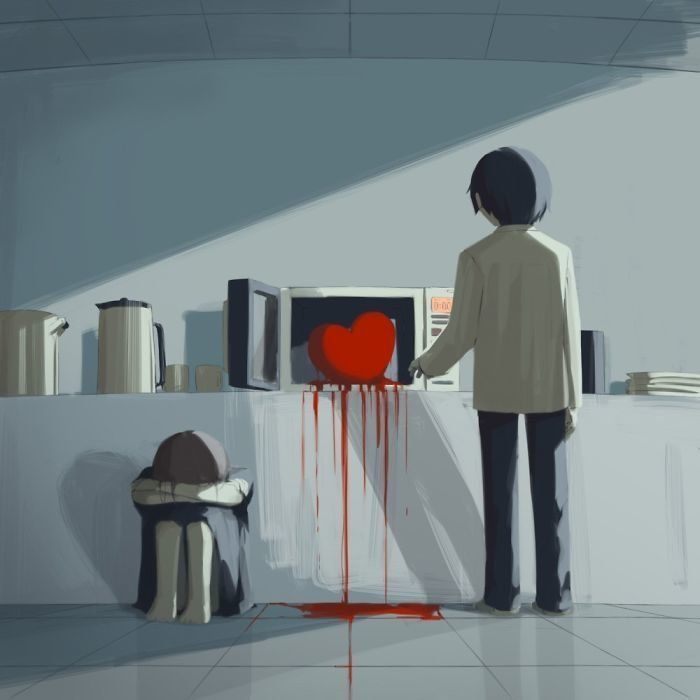
Typical story
Eugene E., 35 years old, leading manager of the company.
Almost all my life, my career went “on the ascending”, the goals set were clear, clear and achievable. The marriage was extremely harmonious, two beloved children grew up. He devoted almost all the time to the affairs of the company, occasionally, once every 1-2 months, he escaped with his family out of town, to the country. He often lacked sleep, stayed late at work, took home assignments, and was deeply worried about the affairs of the company. Gradually, irritability, fatigue, insomnia, difficulty concentrating appeared, more and more often he suffered a “fiasco” in intimate life. Thoughts appeared that life was lived in vain, that it is a "chain of tragic mistakes" that led to a dead end. He began to believe that the choice of work, friends, family was wrong, for which now "retribution has come." Analyzing the past years for a long time, he found more and more evidence and examples of his "duplicity, hypocrisy, insincerity, etc. " I realized that the only way to solve all problems is to voluntarily leave this life. At the same time, he believed that by this act he would free the family from the “burden”, “loser”, “loser”. I decided, having locked myself in the garage, to get poisoned by the exhaust gases of the car. However, by chance, in a semi-conscious state, he was discovered by an employee of a garage cooperative. He explained what happened as an "accident". The thought of leaving life did not leave the patient. I decided to shoot myself with a gas pistol, which I had long ago acquired for self-defense. After a shot in the mouth, in a serious condition, he was taken to the Research Institute. Sklifasovsky, from where he was discharged a week later. The alarmed wife, suspecting something was wrong, decided to consult her husband with a psychiatrist. He was admitted to the clinic. He agreed to this only out of respect for family relations, he himself believed that treatment by psychiatrists was completely useless, because.
" I realized that the only way to solve all problems is to voluntarily leave this life. At the same time, he believed that by this act he would free the family from the “burden”, “loser”, “loser”. I decided, having locked myself in the garage, to get poisoned by the exhaust gases of the car. However, by chance, in a semi-conscious state, he was discovered by an employee of a garage cooperative. He explained what happened as an "accident". The thought of leaving life did not leave the patient. I decided to shoot myself with a gas pistol, which I had long ago acquired for self-defense. After a shot in the mouth, in a serious condition, he was taken to the Research Institute. Sklifasovsky, from where he was discharged a week later. The alarmed wife, suspecting something was wrong, decided to consult her husband with a psychiatrist. He was admitted to the clinic. He agreed to this only out of respect for family relations, he himself believed that treatment by psychiatrists was completely useless, because. his situation is hopeless and no medicines will help here, but will only "stupefy" his psyche. However, after two weeks of taking a modern antidepressant, the patient's point of view changed. Everything began to look not so bleak and hopeless, interest in work and life in general returned, I began to feel more cheerful, more energetic, interest in intimate life appeared. He took work to the clinic, called up colleagues. After two months of treatment, he fully returned to his usual life. With bewilderment, he recalled his thoughts about insolvency, the collapse of life, suicide. He took the drug prophylactically for about six months, then, on the recommendation of a doctor, he gradually reduced the dose and stopped taking it. Over the next two years, the condition remained stable, career growth continued, another child was born.
his situation is hopeless and no medicines will help here, but will only "stupefy" his psyche. However, after two weeks of taking a modern antidepressant, the patient's point of view changed. Everything began to look not so bleak and hopeless, interest in work and life in general returned, I began to feel more cheerful, more energetic, interest in intimate life appeared. He took work to the clinic, called up colleagues. After two months of treatment, he fully returned to his usual life. With bewilderment, he recalled his thoughts about insolvency, the collapse of life, suicide. He took the drug prophylactically for about six months, then, on the recommendation of a doctor, he gradually reduced the dose and stopped taking it. Over the next two years, the condition remained stable, career growth continued, another child was born.
Depression is also characterized by sleep disturbances, occurring in approximately 80% of patients. As a rule, these are early awakenings with the inability to fall asleep, lack of a sense of sleep, difficulty falling asleep.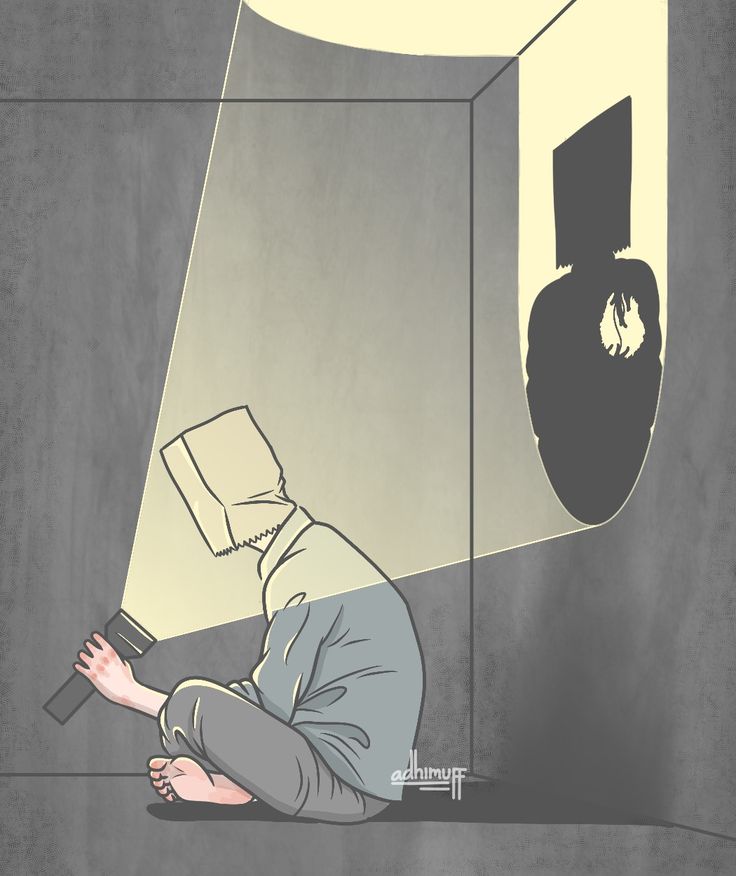 These disorders, as well as restless sleep with unpleasant dreams, are often the very first symptoms of incipient depression.
These disorders, as well as restless sleep with unpleasant dreams, are often the very first symptoms of incipient depression.
If the depression is not deep, it is sometimes difficult to recognize it. This is due to the fact that people are ashamed to tell others about their problems, to admit to "weaknesses". Quite often, especially in Russia, depressive states are masked by alcohol abuse (“vodka heals”). In addition, often patients suffering from depression, in order to "shake themselves up", "throw into all serious", engage in casual sex, are fond of gambling or extreme sports, leave to serve on a contract in "hot spots", lead an idle lifestyle with constant attendance at entertainment events. Surrounding people, relatives who do not have psychiatric knowledge, often accuse them of debauchery, drunkenness, riotous lifestyle, parasitism. Meanwhile, this behavior is a kind of “cry for help”, an attempt to fill the spiritual emptiness brought by depression with new acquaintances and impressions.
Depressive conditions can occur in shallow forms that are easily treatable, but at least a third of depressions are more severe. Such depressions are characterized by:
- ideas of guilt, sometimes reaching the degree of delirium, i.e. unshakable conviction in their sinfulness, low value (patients consider themselves great sinners, believe that because of them all relatives and Mankind will die, that they are “moral freaks” from birth, supposedly deprived of the foundations of morality and a sense of empathy for other people that they have no place on earth They find in their past numerous "confirmations" of what has been said above, they believe that the doctor and other patients are aware of these transgressions and express contempt and indignation with their facial expressions and gestures, but in the words “they hide, deny the obvious.” Both the patients themselves and their relatives must remember this in order to prevent the impending threat in time: remove all firearms, piercing and cutting objects, ropes, potent drugs and poisonous close household fluids, close windows or shutters, do not let the patient go anywhere alone. If these ideas become persistent and cannot be dissuaded, it is urgent to seek advice from a psychiatrist. neurological institution or call a psychiatrist at home.
If these ideas become persistent and cannot be dissuaded, it is urgent to seek advice from a psychiatrist. neurological institution or call a psychiatrist at home.
- mood swings during the day: in typical cases, the patient, waking up, immediately feels longing. Sometimes, even before full awakening, through a dream he experiences a painful premonition of a heavy coming morning. In the evening, the state of health improves somewhat.
- the patient may experience a feeling of unmotivated hostility towards relatives, friends, constant internal discontent and irritation, which makes him unbearable for the family.
- in a number of people suffering from depression, constant doubts, fear for the health and well-being of loved ones, obsessive ones, come to the fore. arising against the will, ideas about the misfortunes and troubles of family members.
Typical story
Dmitry Petrovich, 58 years old, teacher.
“After minor troubles at work, I began to feel incomprehensible anxiety and agitation. Unpleasant thoughts came into my head that I did something wrong at work, because of which I double-checked everything many times and went home later than everyone else. But even at home, the anxiety did not let go: as soon as the daughter or wife lingered for at least half an hour, terrible pictures of traffic accidents or violence were drawn in the imagination. I fell asleep only in the morning, got up broken and felt sleepy all day. I took Valerian, Corvalol, but it practically did not help. At work, they hinted whether I should take a vacation. Friends advised me to consult a neuropathologist, but he did not find his pathology and sent me to a psychiatrist. I was diagnosed with anxiety depression. After a course of outpatient treatment, I completely recovered.”
Unpleasant thoughts came into my head that I did something wrong at work, because of which I double-checked everything many times and went home later than everyone else. But even at home, the anxiety did not let go: as soon as the daughter or wife lingered for at least half an hour, terrible pictures of traffic accidents or violence were drawn in the imagination. I fell asleep only in the morning, got up broken and felt sleepy all day. I took Valerian, Corvalol, but it practically did not help. At work, they hinted whether I should take a vacation. Friends advised me to consult a neuropathologist, but he did not find his pathology and sent me to a psychiatrist. I was diagnosed with anxiety depression. After a course of outpatient treatment, I completely recovered.”
- in many cases, depression is characterized by unpleasant sensations in the body, disturbances in the activity of internal organs in the absence of objective signs of true somatic, i.e. non-mental illness. At the same time, many patients constantly report pain, internal discomfort.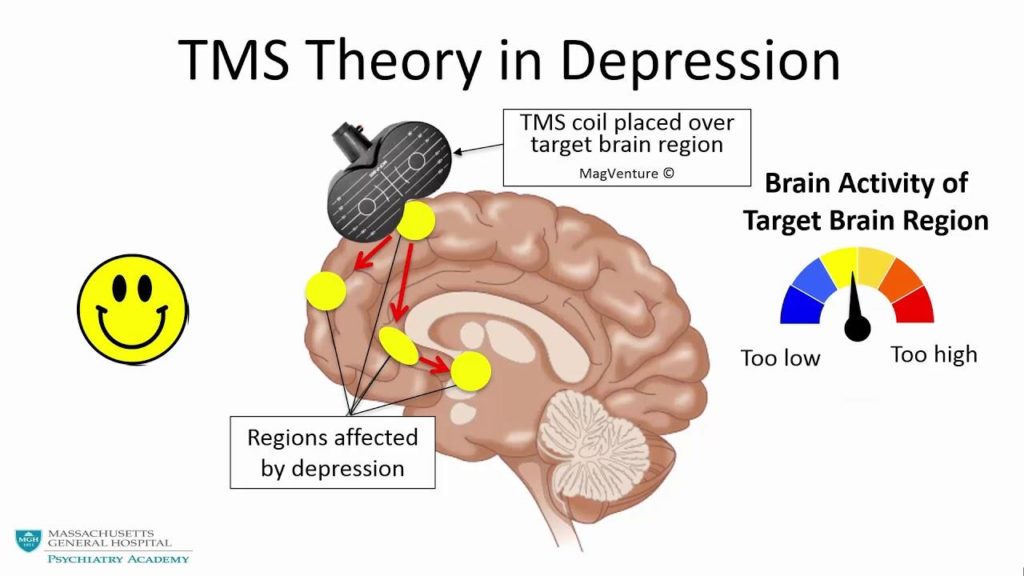 Some complain of headaches, pains in the stomach, joints, lower back, others - of disorders in the intestines: constipation, indigestion, irritation of the colon, others pay attention to a decrease in sexual desire and potency. In women, menstruation often becomes painful and irregular. Approximately 50% of depressed people at the doctor's office complain of such physical ailments, without mentioning the depressed mood or state of mind underlying the depression. Experiencing chronic pain or other unpleasant sensations in the body, patients may not realize that they are suffering from depression, even with severe melancholy, considering the latter a reaction to painful bodily discomfort.
Some complain of headaches, pains in the stomach, joints, lower back, others - of disorders in the intestines: constipation, indigestion, irritation of the colon, others pay attention to a decrease in sexual desire and potency. In women, menstruation often becomes painful and irregular. Approximately 50% of depressed people at the doctor's office complain of such physical ailments, without mentioning the depressed mood or state of mind underlying the depression. Experiencing chronic pain or other unpleasant sensations in the body, patients may not realize that they are suffering from depression, even with severe melancholy, considering the latter a reaction to painful bodily discomfort.
- some patients are convinced that they have some rare and difficult to diagnose disease and insist on numerous examinations in general medical institutions. Doctors call this condition masked (hidden) depression, in which a person may experience pain in the head, in the limbs, behind the sternum, in the abdomen and in any other parts of the body, he may be haunted by anxious fears, he may suffer from insomnia or, on the contrary, too much sleep.
- Patients may experience disturbances in the cardiovascular system, skin itching or lack of appetite. All of these are manifestations of depression.
- the pathological sensations that patients experience during such depressions are quite real, painful, but they are the result of a special mental state, and not an internal disease. It must be remembered that the frequency of latent depressions exceeds the number of explicit ones many times over.
- with such depression, patients, as a rule, also have a changed attitude towards food: they can go without food for a long time and not feel hungry, and sitting down at the table, eat only 1-2 spoons - they have neither strength nor desire for more .
- a sign of depression can serve as a weight loss of more than 5 kg. within a month. In some people, especially women, the appetite for depression, on the contrary, increases, sometimes reaching the level of excruciating hunger, accompanied by severe weakness and pain in the epigastric region. In some cases, food is taken in excess due to an increased craving for sweets or attempts to distract oneself from painful thoughts by frequent eating.
In some cases, food is taken in excess due to an increased craving for sweets or attempts to distract oneself from painful thoughts by frequent eating.
Thus, we see that depression is a disease with many different manifestations that do not go away on their own, requiring special, sometimes long-term, medical intervention. Therefore, when the symptoms described above appear, it is necessary to seek help from a psychiatrist who will prescribe and monitor antidepressant treatment.
TREATMENT OF DEPRESSIVE DISORDERS
To date, it can be argued that the vast majority of cases of depression respond well to treatment. According to modern views, effective treatment of depression consists of a combination of pharmacotherapy, psychotherapy and, if necessary, other types of treatment. At the same time, the main role in therapy, of course, belongs to antidepressants - drugs specially designed for the treatment of various types of depression.
The creation of antidepressants is based on the discovery of scientists that depression develops as a result of a violation of the mechanism of biochemical transmission of nerve impulses in the brain regions responsible for mood, behavior, response to stress, sleep and wakefulness, appetite and some other functions.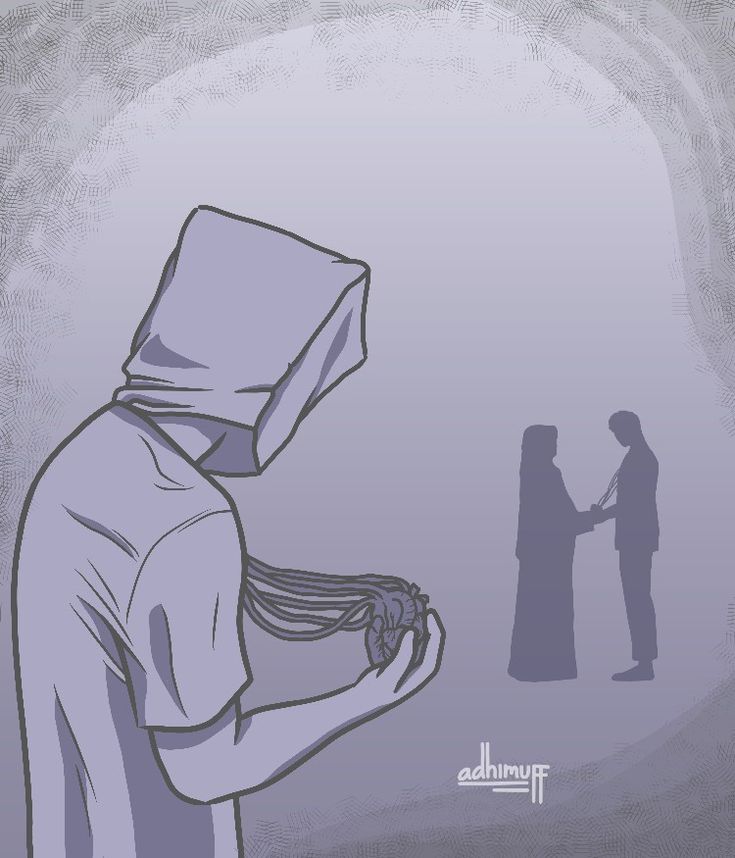 To ensure the coordination of the work of all these functional divisions, the brain sends special "commands" to them in the form of chemical impulses transmitted from the processes of one nerve cell (neuron) to the processes of another. This transmission is carried out with the help of chemical mediators (neurotransmitters), which, after transmitting a signal, partially return to the original neuron. This process is called neurotransmitter reuptake. Thanks to him, the number of mediators in the microscopic space between the processes of neurons (in the so-called synaptic cleft) decreases, which means that the necessary signals are transmitted worse. Numerous studies have shown that mediators of various structures, in particular, norepinephrine and serotonin, are involved in the transmission of signals that ensure the normal functioning of the nervous system. The first of them has a general activating effect, maintains the level of wakefulness of the body and takes part in the formation of adaptive reactions, and the second has the main antidepressant effect, controls impulsive actions, anxiety, aggressiveness, sexual behavior, falling asleep, feeling of pain, therefore serotonin is called sometimes a "good mood" regulator.
To ensure the coordination of the work of all these functional divisions, the brain sends special "commands" to them in the form of chemical impulses transmitted from the processes of one nerve cell (neuron) to the processes of another. This transmission is carried out with the help of chemical mediators (neurotransmitters), which, after transmitting a signal, partially return to the original neuron. This process is called neurotransmitter reuptake. Thanks to him, the number of mediators in the microscopic space between the processes of neurons (in the so-called synaptic cleft) decreases, which means that the necessary signals are transmitted worse. Numerous studies have shown that mediators of various structures, in particular, norepinephrine and serotonin, are involved in the transmission of signals that ensure the normal functioning of the nervous system. The first of them has a general activating effect, maintains the level of wakefulness of the body and takes part in the formation of adaptive reactions, and the second has the main antidepressant effect, controls impulsive actions, anxiety, aggressiveness, sexual behavior, falling asleep, feeling of pain, therefore serotonin is called sometimes a "good mood" regulator.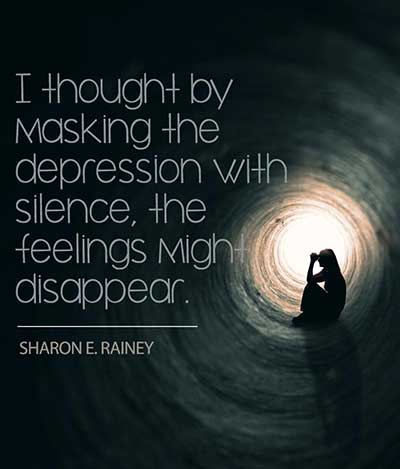 A decrease in the number of mediators in the synaptic cleft causes symptoms of depression, while an increase, on the contrary, prevents their appearance. The ability of some drugs in one way or another to increase the concentration of mediators in the synaptic cleft allows them to be used as antidepressants.
A decrease in the number of mediators in the synaptic cleft causes symptoms of depression, while an increase, on the contrary, prevents their appearance. The ability of some drugs in one way or another to increase the concentration of mediators in the synaptic cleft allows them to be used as antidepressants.
Now antidepressants are used in Russia, which can be conditionally divided into 4 generations according to the time of creation.
The first antidepressants to find wide clinical use were tricyclic drugs: amitriptyline and imipramine. They have a fairly powerful effect on most depressive states by blocking the reuptake of both norepinephrine and serotonin. However, the real clinical effect of these drugs is significantly offset by their undesirable side effects, which drastically reduce the quality of life of patients during treatment. Side effects of tricyclic antidepressants arise due to the nonspecificity of their effect on receptor structures. Acting in addition to the serotonin and norepinephrine system and other neurotransmitters (acetylcholine, histamine, dopamine), these antidepressants cause side effects such as urinary retention, dry mucous membranes, constipation, palpitations, fluctuations in blood pressure, confusion, tremor, sexual dysfunction. functions, weight gain. In such cases, it is necessary to prescribe other drugs to correct side effects or reduce the therapeutic dose of drugs, which naturally affects the effectiveness of the antidepressant action. It has been observed that up to 50% of patients refuse to take tricyclic antidepressants due to severe side effects. For the same reason, physicians are less likely to prescribe these drugs to patients on an outpatient basis.
functions, weight gain. In such cases, it is necessary to prescribe other drugs to correct side effects or reduce the therapeutic dose of drugs, which naturally affects the effectiveness of the antidepressant action. It has been observed that up to 50% of patients refuse to take tricyclic antidepressants due to severe side effects. For the same reason, physicians are less likely to prescribe these drugs to patients on an outpatient basis.
The situation was somewhat improved by the introduction into practice of drugs of the second generation - tetracyclic antidepressants, which, along with the ability to block the reuptake of norepinephrine and serotonin, could also affect some other receptors. Being analogues of tricyclic compounds, these drugs have antidepressant activity comparable to them, but unlike their predecessors, they are safer, since they cause unwanted side effects much less often. In addition to the antidepressant, mianserin (lerivon) has a clear sedative, anti-anxiety and hypnotic effect. Maprotiline (Ludiamil) has a mild balanced antidepressant effect. In general, these drugs are able to cure mild to moderate depression, but are ineffective in patients with severe depression.
Maprotiline (Ludiamil) has a mild balanced antidepressant effect. In general, these drugs are able to cure mild to moderate depression, but are ineffective in patients with severe depression.
To date, antidepressants of the 3rd generation, such as fluoxetine (Prozac), fluvoxamine (Fevarin), paroxetine (Paxil), sertraline (Zoloft), citalopram (Cipralex) and some other drugs that selectively (selectively) affect the serotonin metabolism system, have received widespread recognition today. , preventing its reuptake in the synaptic cleft. Based on the mechanism of action, these antidepressants are combined into a group of selective serotonin reuptake inhibitors. In addition to treating depression, they are used to correct eating disorders, level panic disorders, so-called social phobias, various obsessive-compulsive disorders and chronic pain symptoms. These drugs have gained popularity due to the possibility of a once-daily intake, concomitant anti-anxiety effect, the presence of a psychostimulant component and a small number of side effects. In addition, they have low toxicity and are well tolerated by elderly patients. However, some researchers note their lack of effectiveness in the treatment of severe forms of depressive states, probably associated with selective activity in relation to only one neurotransmitter - serotonin. It should be noted that in recent years, some American scientists have associated the use of these drugs with an increased risk of suicide, which, however, is not proven.
In addition, they have low toxicity and are well tolerated by elderly patients. However, some researchers note their lack of effectiveness in the treatment of severe forms of depressive states, probably associated with selective activity in relation to only one neurotransmitter - serotonin. It should be noted that in recent years, some American scientists have associated the use of these drugs with an increased risk of suicide, which, however, is not proven.
Considering the high frequency of side effects in some of the above drugs and the insufficient antidepressant activity in others, psychopharmacologists have taken the path of developing more effective antidepressants - IV generation drugs that selectively block the reuptake of both serotonin and noradrenaline, without affecting other mediators. system and with minor side effects. Currently, 3 drugs meet these requirements: milnacipran (Ixel), duloxetine (Cymbalta) and venlafaxine (Effexor). Their antidepressant activity in the treatment of patients with severe and moderate depression has been confirmed in a number of specially conducted studies, which at the same time showed that these drugs are well tolerated.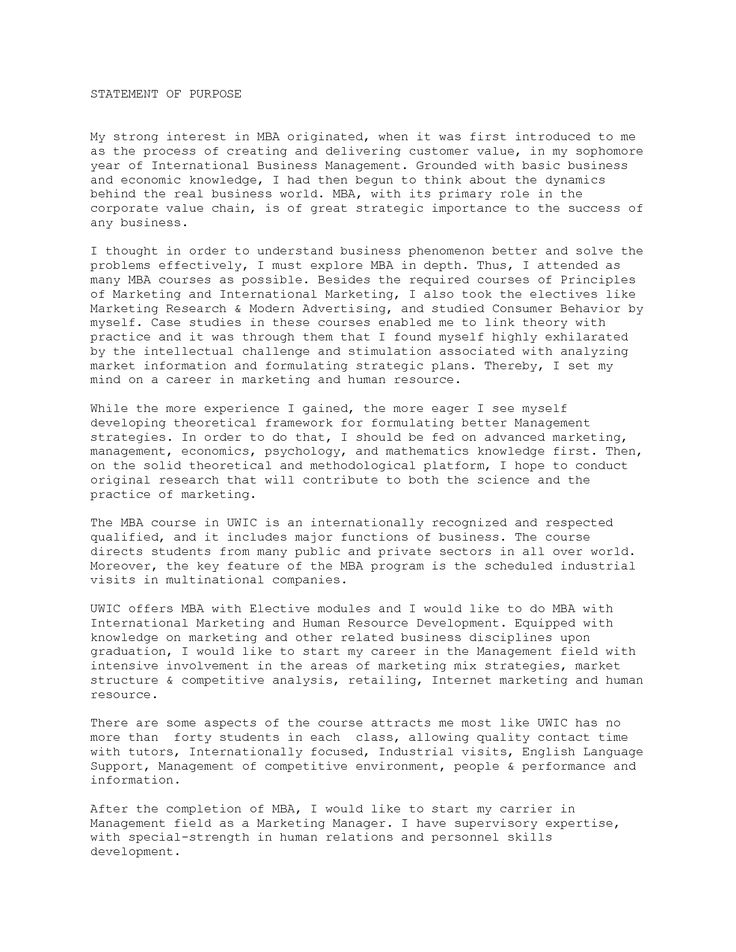
It should be noted that antidepressants of plant origin (negrustin, gelarium hypericum, deprim, etc.) can be effective in mild depressive states, but there are no reliable data guaranteeing their effectiveness. The opinion of a number of doctors that all depression can be treated with herbs or, say, acupuncture, should be recognized as unfounded.
For extremely severe depressions that do not improve despite the use of the most powerful antidepressants, electroconvulsive therapy (ECT) can be effective, but this situation is extremely rare and requires careful justification by the commission of doctors and the consent of the patient.
An important additional role in antidepressant therapy, especially with concomitant anxiety, is played by tranquilizers - anti-anxiety drugs, such as Xanax, phenazepam, diazepam, nitrazepam, atarax, etc. Drugs that can, when taken systematically, prevent mood swings in various depressive disorders include so-called mood stabilizers or mood stabilizers - lithium preparations, carbamazepine, valproic acid salts, lamotrigine, topiramate.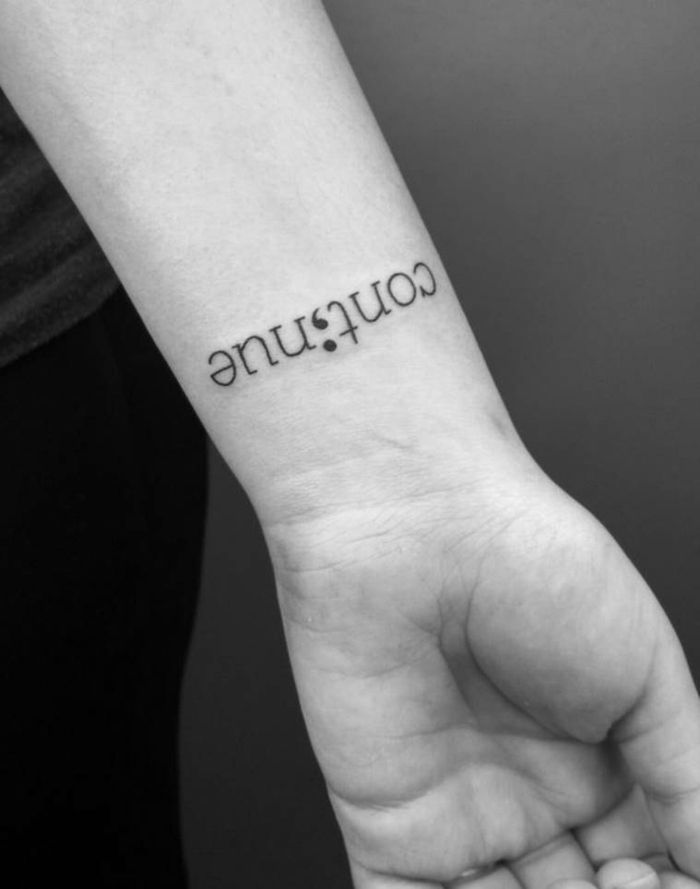 With their systematic intake in most patients, the clinical manifestations of depression either completely disappear or become rare and mild, requiring no hospitalization and not significantly affecting the ability to work.
With their systematic intake in most patients, the clinical manifestations of depression either completely disappear or become rare and mild, requiring no hospitalization and not significantly affecting the ability to work.
Antipsychotics play a significant role in the treatment of certain forms of depression. These include both traditional drugs - fluanxol, triftazin, eglonil, teralen, neuleptil, sonapax, and atypical antipsychotics that are gaining more and more recognition among doctors: seroquel, solian, zeldox, rispolept, abilify, serdolect and others.
In drug therapy of depressive conditions, an unconventional, strictly individual approach is used, with the obligatory provision of fruitful cooperation between the patient and the doctor. Otherwise, there may be a violation of medical recommendations regarding doses and regimens for taking medications. The patient's faith in the possibility of recovery, the absence of prejudice against the "harm" caused by psychotropic drugs, the systematic observance of the prescriptions prescribed by the doctor largely contribute to the achievement of therapeutic success.
Drug treatment of depression takes time. You should not expect a complete cure already in the first days of taking the drug. It must be remembered that all modern antidepressants begin to act on depressive symptoms no earlier than 1-2 weeks after the start of treatment. Cancellation of an antidepressant, as well as its appointment, should be carried out only by a doctor. Cancellation is usually made no earlier than 6 months from the normalization of the mental state. Even after the complete disappearance of all symptoms of depression, do not rush to stop taking the drug yourself, as there is a risk of an exacerbation of the disease. Therefore, doctors recommend continuing to take the antidepressant for a certain period of time. A common mistake is the premature withdrawal of drugs soon after a significant improvement in the condition or due to "forgetfulness". To avoid this, try to include the drug in the list of daily urgent matters - for example, store it in the bathroom and take it after hygiene procedures. When planning a trip, calculate exactly how many tablets you need for the entire period of absence from home. Breaking therapy is fraught with serious troubles.
When planning a trip, calculate exactly how many tablets you need for the entire period of absence from home. Breaking therapy is fraught with serious troubles.
Conducted along with drug treatment, psychotherapy of patients with depressive states implies various systems of influence, including individual conversations, family and group therapy, etc. An important element of social rehabilitation is participation in the work of mutual support groups for patients who have experienced depression. This allows other patients to feel help in understanding their problems, to realize that they are not alone in their misfortune, to see the possibilities of personal participation in rehabilitation activities and in social life.
Not just words: what expressions in a conversation indicate depression
Health
© timur repin/unsplash
Author Irina Rudevich
November 26, 2019
Depressive states are becoming more common, but few people know how to recognize them in themselves and others.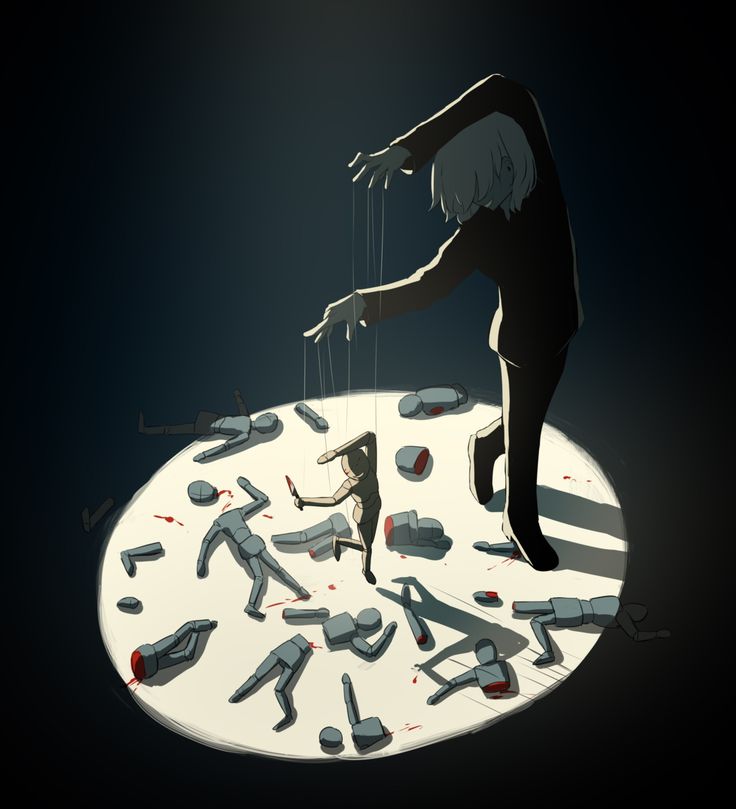 Psychologists have conducted a study that helps identify signs of depression in speech.
Psychologists have conducted a study that helps identify signs of depression in speech.
© mimi thian/unsplash
Depression can only be diagnosed by a doctor, but some people are used to calling it a bad mood, low energy and seasonal gloom. A person cannot be cheerful and cheerful all the time, sometimes you can and even need to be bored, sad and indulge in sad memories. But with depression, everything is different - the disease can destroy health and life, while few people think about the danger and try to prevent it. The problem is that a depressed person from the outside may seem contented and happy, so others do not know about his problems, missing the time for which you can help.
Advertising on RBC www.adv.rbc.ru
In 2018, the journal Clinical Psychological Science published a study that examined the records of nearly 6,500 people who were depressed. A special algorithm called Linguistic Inquiry collected statistics from 63 mental health forums.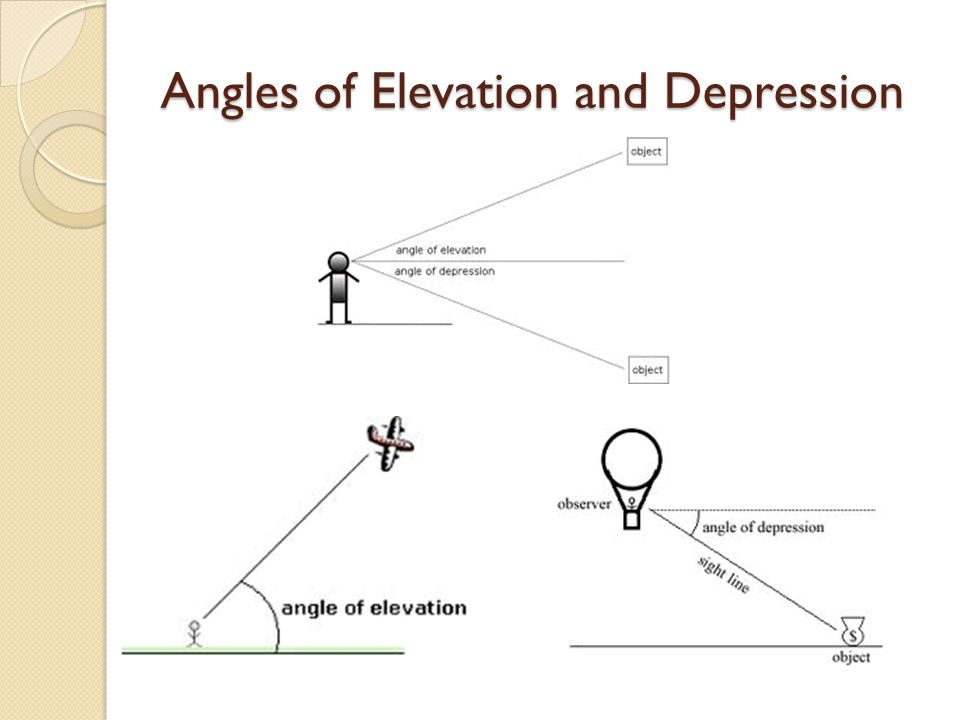 Among the texts of ordinary people, the diaries of celebrities - musician Kurt Cobain and writer Sylvia Plath - were considered, and the data obtained were studied in terms of content and style. Scientists relied on the fact of distortion of thinking under the influence of depression and anxiety, which occupied a person’s thoughts.
Among the texts of ordinary people, the diaries of celebrities - musician Kurt Cobain and writer Sylvia Plath - were considered, and the data obtained were studied in terms of content and style. Scientists relied on the fact of distortion of thinking under the influence of depression and anxiety, which occupied a person’s thoughts.
The first conclusion of scientists is unlikely to surprise anyone: people suffering from depression often use words with a negative connotation: “sad”, “sad”, “unhappiness”. In addition, in the posts and diaries of most of them there was categorical and maximalism in relation to life. Those on the verge of depression often talk about the absolute, using the words "nothing", "nobody", "everything", "always", "inevitably" and "never". On this basis, one can suspect the disease in most of the acquaintances, because the point is the number of such references, and it is not easy to count them and compare them with the statistics of psychiatrists.
© siavash ghanbari/unsplash
The second interesting discovery is that depressed people prefer to use "I-messages", that is, they talk mostly about themselves.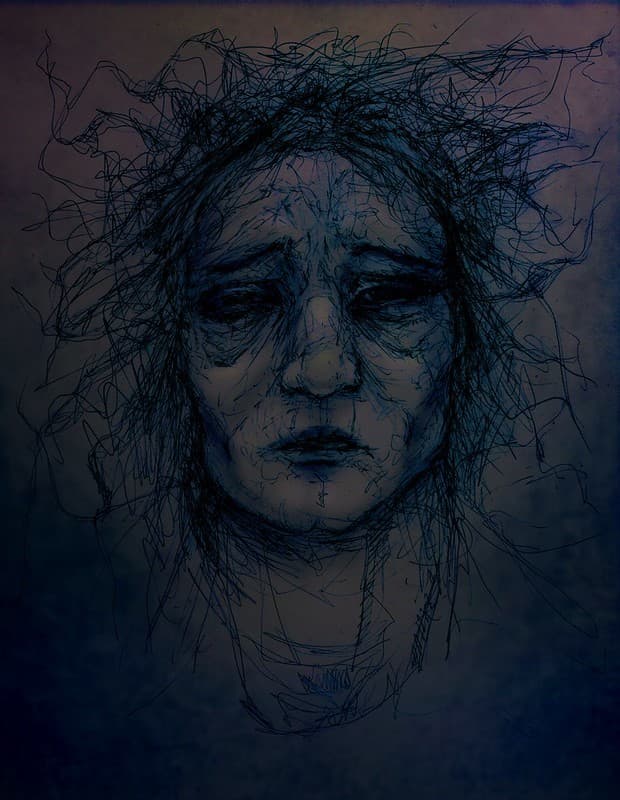 In their speech, there is a lot of the pronoun "I" and little "we", "they", "he" and "she". There are two explanations for this. First, a depressed person is so immersed in himself that he simply does not notice what is happening around him, loses interest in social life and other people, and often turns into a recluse. The second explanation is the original absence of these people. Perhaps the cause of depression was the fact that a person does not have close relatives and friends, those who could play an important role in his life. Scientists have noted that the use of a large number of personal pronouns and their derivatives is a primary sign of depression.
In their speech, there is a lot of the pronoun "I" and little "we", "they", "he" and "she". There are two explanations for this. First, a depressed person is so immersed in himself that he simply does not notice what is happening around him, loses interest in social life and other people, and often turns into a recluse. The second explanation is the original absence of these people. Perhaps the cause of depression was the fact that a person does not have close relatives and friends, those who could play an important role in his life. Scientists have noted that the use of a large number of personal pronouns and their derivatives is a primary sign of depression.
If you notice a lot of learned words being used while talking to a friend, don't panic. Most often, depression leads to changes in habits and lifestyle. For example, a person loses his appetite, suffers from insomnia, or, conversely, overcomes drowsiness. Depressed people may begin to drink alcohol more often and hide their condition behind the usual smile and friendliness.